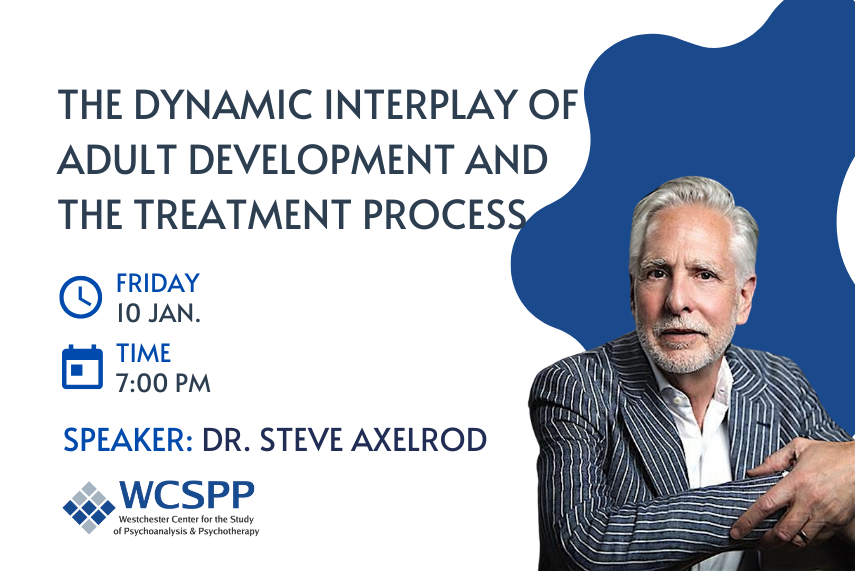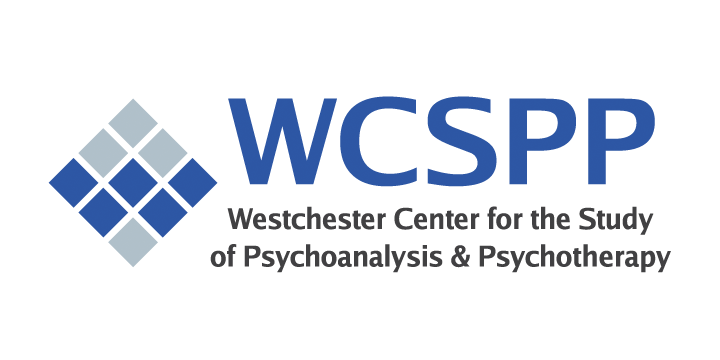
- This event has passed.
The Dynamic Interplay of Adult Development and the Treatment Process

From our speaker, Steve Axelrod: In this presentation, I will elaborate two perspectives on the psychology of adulthood – a developmental scheme of tasks and emerging capacities as well as the drivers of individual growth and vitality.
The developmental framework I described in my recently published paper is a revision and expansion of Erikson’s original epigenetic scheme that incorporates what we have learned from others’ observations (especially those drawn from longitudinal studies) and theorizing. I will describe how this developmental perspective can inform and improve our clinical work, and I will illustrate this with case material.
Follow-up data from psychotherapy outcome studies can give us a window into the processes of growth in adulthood more generally. There is evidence that some patients not only get better in treatment but also show continuing improvement and better adjustment over time after termination. The final part of this presentation will consider the factors in treatment and the processes post treatment that sustain these kinds of gains.
Dr. Steve Axelrod is a psychoanalyst in independent practice in New York City. He is on the faculty of the NYU Postdoctoral Program in Psychotherapy and Psychoanalysis, where he is Co-Chair of the Independent Track, working to foster innovation and improve the intellectual experience for all members of the Postdoc community. He is a Principal in the Boswell Group of psychodynamic management consultants and is on the board of the Psychotherapy Action Network. He is the author of books and articles on adult development, the psychology of work—Work and the Evolving Self (Analytic Press, 1999),—leadership and management, male development, and hospital-based psychiatric treatment. He is the co-editor of Progress in Psychoanalysis: Envisioning the Future of the Profession (Routledge, 2018). This presentation is based in part on his recent article “Growth in adulthood: A revised psychoanalytic framework for adult development” in this year’s Psychoanalytic Study of the Child.

